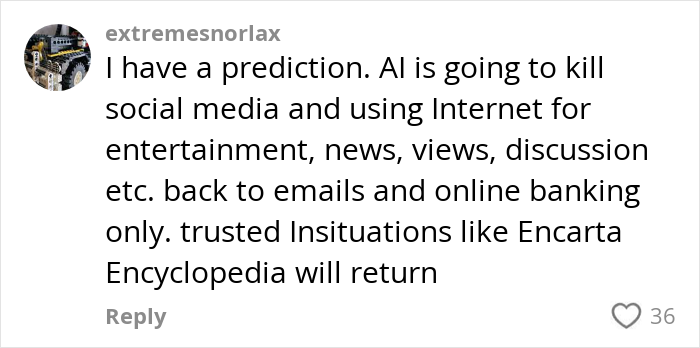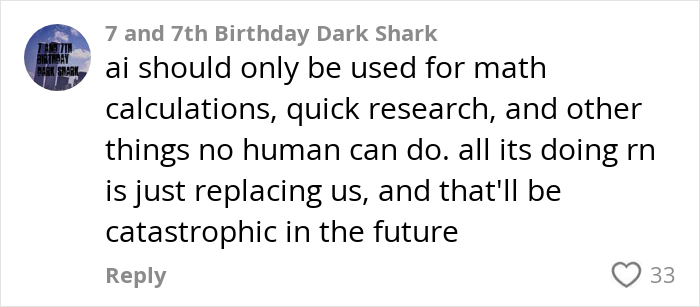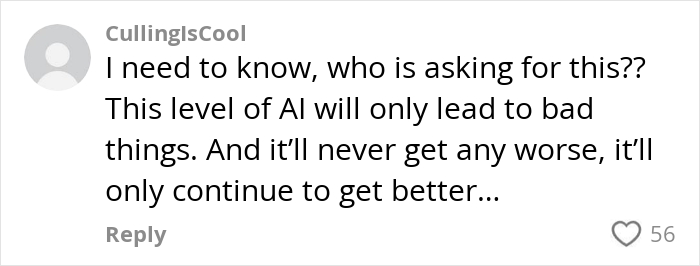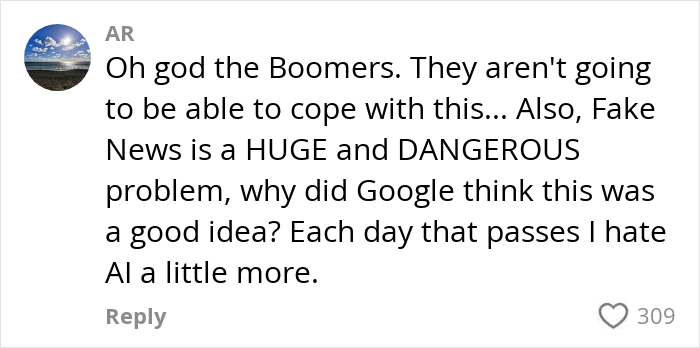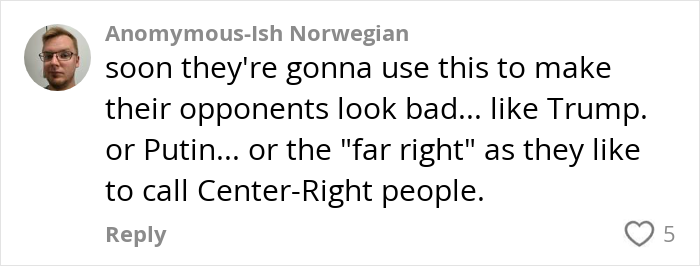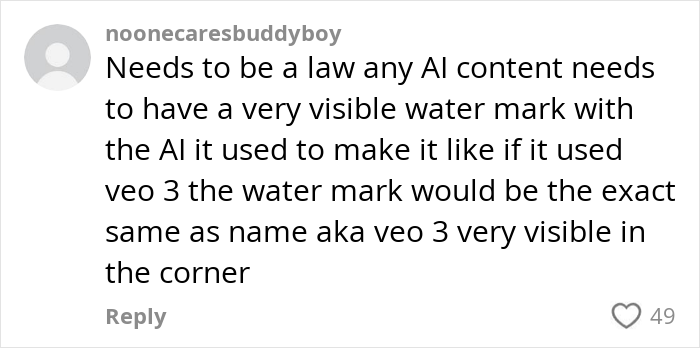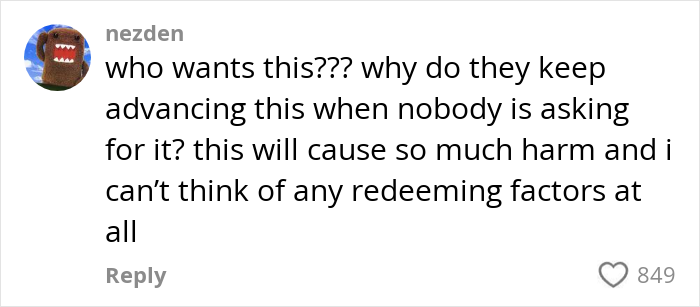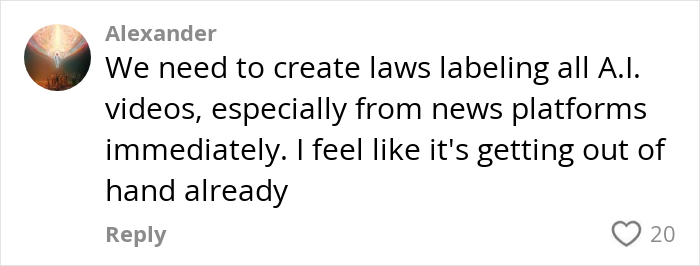I used to make fun of my mother for liking videos on Facebook that were clearly AI generated. If a person had six fingers, never blinked or appeared to have some strange filter over their face, I could instantly tell that the video wasn’t real. Over time, however, it’s become increasingly difficult for even tech savvy people to spot AI generated content. And it’s about to become even more challenging.
Earlier this week, Google launched Veo 3, a generative AI tool that can create incredibly realistic videos. And since the tool was released, netizens have been discussing the impacts that it may have for the future of the internet. Below, you’ll find a TikTok that RoboNuggets recently posted revealing what the model is capable of, as well as some of the reactions viewers had.
AI technology has been rapidly advancing in recent years

Image credits: f8studio (not the actual image)
And now, Google has launched a tool called Veo 3 that is capable of creating astonishingly realistic videos
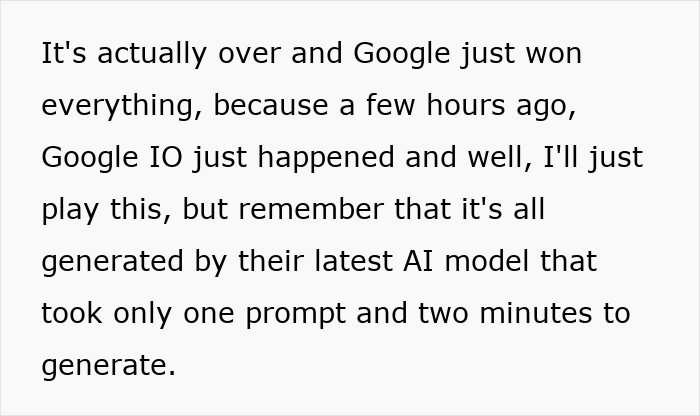
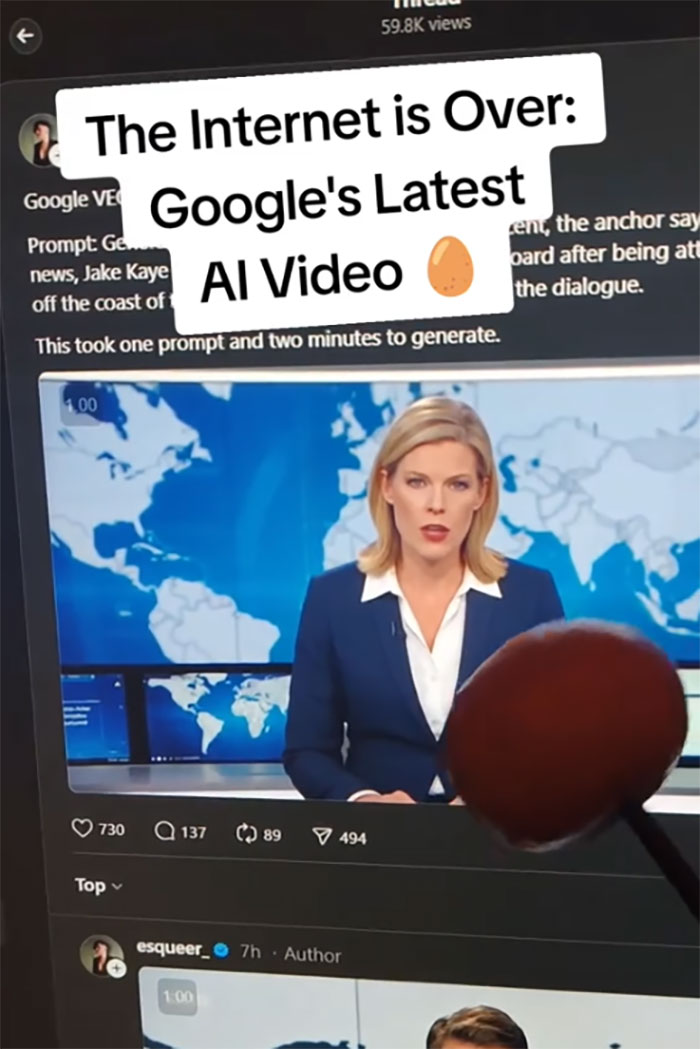
Image credits: robonuggets


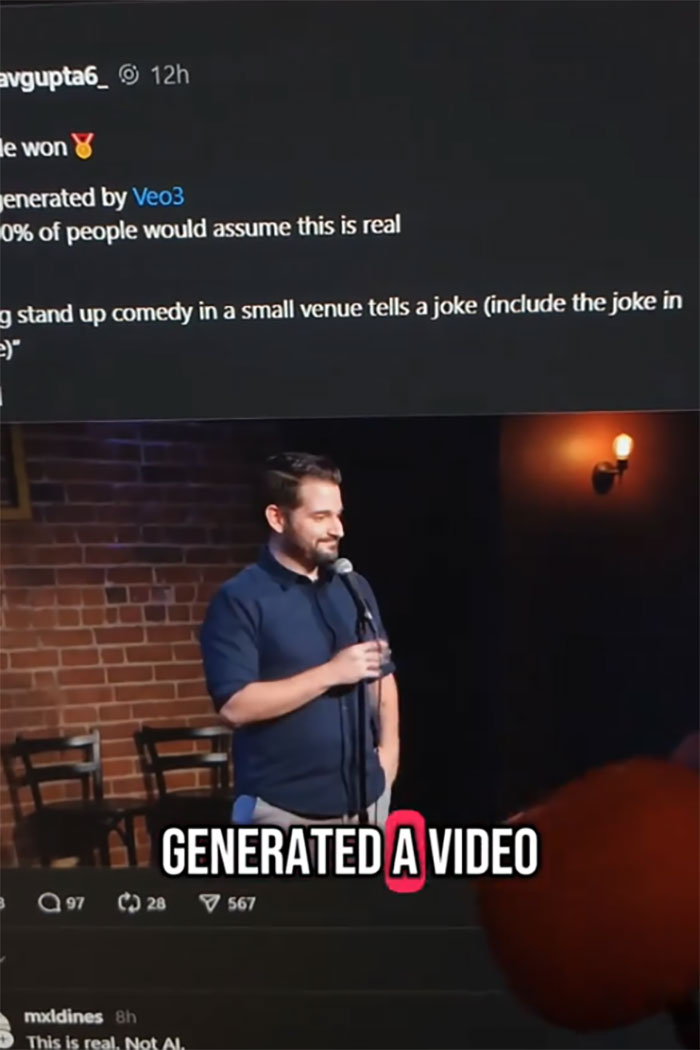
Image credits: robonuggets
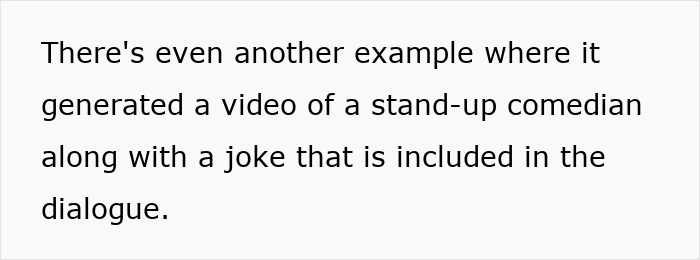

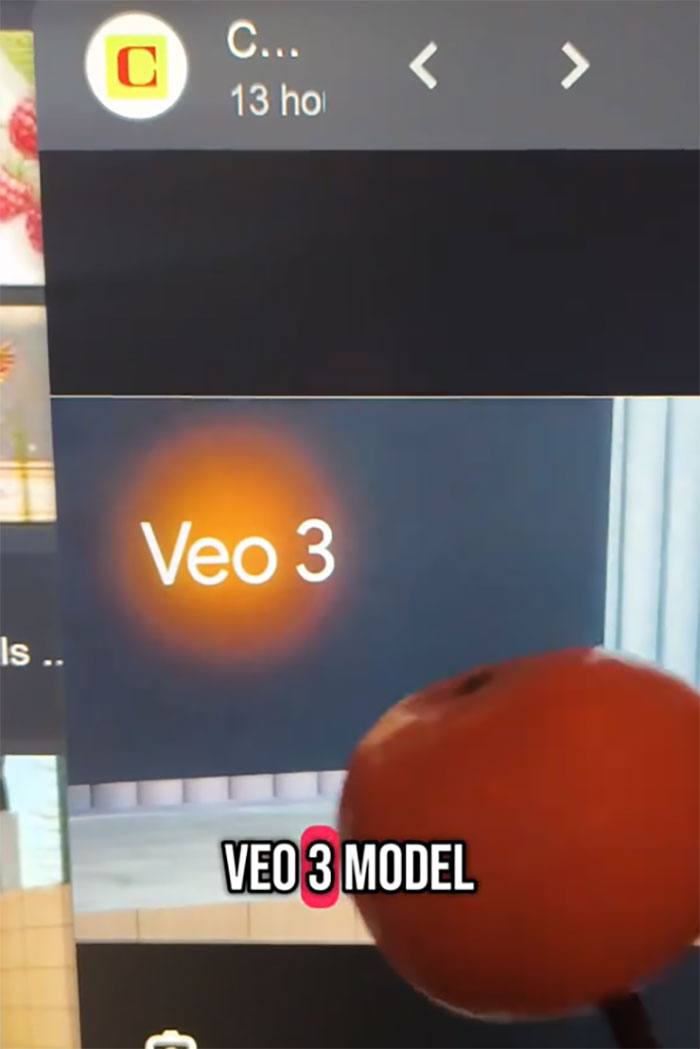
Image credits: robonuggets
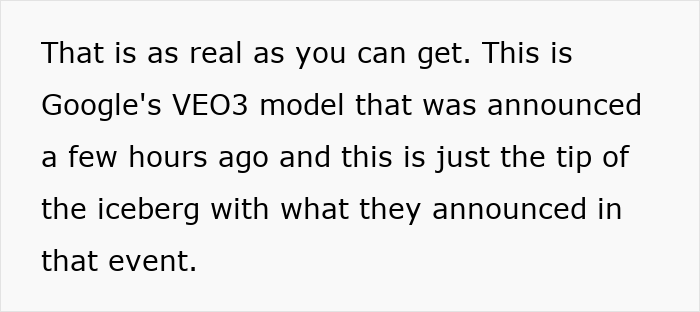
Image credits: robonuggets
You can see some examples of Veo 3’s capabilities right here
@robonuggets the “public internet” at least #artificialintelligence #ai #google ♬ original sound – RoboNuggets🥚
Only a couple of years ago, it was nearly impossible to create AI videos that could pass as real footage
Since ChatGPT was released in November, 2022, the internet has become obsessed with generative artificial intelligence. I can’t tell you how many times someone has recommended that I “just ask ChatGPT” for a recipe, workout plan or summary of a book. And I’ve seen countless AI generated images on Instagram of people I know dressed as superheroes or anime characters.
But for a long time, these generative AI programs did struggle to create strikingly realistic images. Only a year or two ago, it was incredibly easy to spot something that had been made by artificial intelligence, even if the image did look decent overall. There was even an AI generated movie trailer that went viral for looking absolutely ridiculous.
However, artificial intelligence technology has been improving at an exponential rate. And this week, Google proved that it is possible for a computer to create videos that you might assume are real without even thinking twice.
Google’s Veo 3 model not only creates incredibly realistic videos, but it can also create audio that matches the clips at the same time, which makes it stand out from any of its competitors.
And for $250 a month, subscribers of Google’s Ultra plan can now use the program. One aspect of the model that Google is particularly proud of is Flow, a filmmaking tool marketed towards creatives “for the next wave of storytelling.”
Flow has impressive capabilities, as it allows users to use the same subjects or scenes that they’ve shot already to create new shots featuring them. For example, if you’ve already recorded a scene of two characters, you can ask Flow to generate another scene of them having a different conversation in a different location. The possibilities are endless.
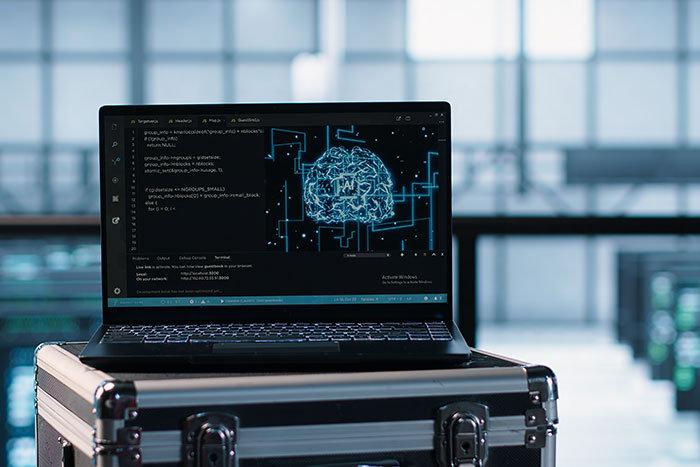
Image credits: DC Studio (not the actual image)
This new technology is expected to have a permanent impact on creative industries
Other features included in Flow are camera controls (to adjust angles and motion), scene builder (which can extend or edit footage), asset management (which will organize visuals and prompts) and Flow TV, which is a “showcase of community-made clips with prompts” that artists can use or take inspiration from.
Unsurprisingly, Google’s announcement of Veo 3 has made a huge splash on the internet already. Some have already voiced concerns about how this technology is going to impact artistic fields. And for years, experts have already been discussing the risks of AI videos becoming too realistic. When we can’t distinguish between what’s real and what’s been made by a computer, misinformation can run rampant, and reputations can easily be ruined.
Meanwhile, there are plenty of AI fans praising Veo 3 for being the “next level of filmmaking,” and many can’t wait to get their hands on the tool.
It’s impossible to predict exactly how this tool will impact creative industries. But considering the fact that AI has already been utilized in various blockbuster movies, it seems like it’s only going to become more and more prevalent online, in theaters and on our TV screens.
We would love to hear your thoughts on Google’s new Veo 3 model, pandas. Would you be willing to try it? Or are you opposed to experimenting with AI? Feel free to weigh in, and then, you can find another Bored Panda article discussing advancements in artificial intelligence right here!

Image credits: wavebreakmedia_micro (not the actual image)
Many viewers were unimpressed, immediately voicing concerns about the dangers of AI generated content becoming too realistic
